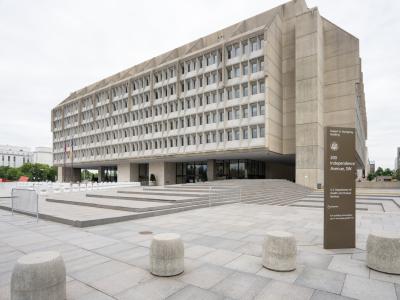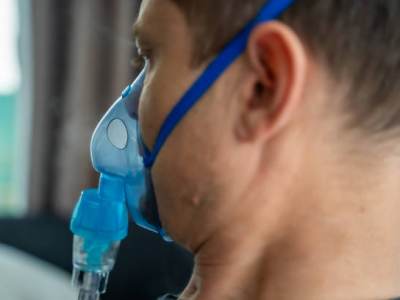Today the six surgeons general appointed since George H. W. Bush was president penned an opinion piece in the Washington Post calling for the removal of Health and Human Services (HHS) Secretary Robert F. Kennedy Jr.
“We are compelled to speak with one voice to say that the actions of Health and Human Services Secretary Robert F. Kennedy Jr. are endangering the health of the nation,” they wrote. “Never before have we issued a joint public warning like this. But the profound, immediate and unprecedented threat that Kennedy’s policies and positions pose to the nation’s health cannot be ignored.”
Never before have we issued a joint public warning like this. But the profound, immediate and unprecedented threat that Kennedy’s policies and positions pose to the nation’s health cannot be ignored.
The op-ed by Jerome Adams, MD, Richard Carmona, MD, MPH, Joycelyn Elders, MD, Vivek Murthy, MD, Antonia Novello, MD, MPH, and David Satcher, MD, PhD, said Kennedy has created a crisis in the nation’s public health system and health agencies, which is resulting in mass resignations, short staffing, a resurgence of infectious diseases, and worsening chronic illnesses.
As HHS secretary, Kennedy has a $2 trillion budget and helms Medicare, Medicaid, the Centers for Disease Control and Prevention (CDC), the Food and Drug Administration, the National Institutes of Health, and other agencies that each American uses, the doctors wrote.
The opinion piece warns that under Kennedy more childhood vaccines will be in jeopardy, including newborn hepatitis B, which was the subject of the Advisory Committee on Immunization Practices (ACIP) September meeting.
Moreover, they said the three measles deaths the country experienced this year as part of a wider outbreak were preventable. They also said Kennedy has repeated conspiracy theories that contributed to the targeting of the very staff he is charged with protecting in the wake of the attack on the CDC in August.
“Secretary Kennedy is entitled to his views. But he is not entitled to put people’s health at risk. He has rejected science, misled the public and compromised the health of Americans,” the opinion piece said.
Psychiatric organization also call for Kennedy's removal
Two leading psychiatric organizations also called for the removal of Kennedy today, noting cuts to the Substance Abuse and Mental Health Services Administration (SAMHSA), the federal agency responsible for supporting states and localities with overdose prevention.
The Southern California Psychiatric Society (SCPS) and the Committee to Protect Public Mental Health each issued statements saying Kennedy spouts dangerous ideas, including the idea of putting homeless people on “wellness farms” and saying common antidepressants are more addictive than heroin.
The SCPS in its statement said Kennedy misrepresented psychotropic medications in the Make America Health Again report.
“The report uses these inaccurate statements as a basis for taking action to restrict access to critical services that ease suffering, restore functioning, and prevent suicide,” the statement said. “Without these critical services, criminalization and expanded use of civil commitment will curtail the ability of individuals with mental illness to lead productive lives.”
O’Neill calls for monovalent measles, mumps, rubella vaccines
Late yesterday afternoon, Acting Director of the CDC Jim O’Neill announced on X that he is calling for the measles, mumps, and rubella (MMR) vaccine to be separated into three monovalent (single-strain) vaccines after President Donald Trump made the suggestion last month.
“I call on vaccine manufacturers to develop safe monovalent vaccines to replace the combined MMR and “break up the MMR shot into three totally separate shots,” O’Neill’s post said. The idea to separate the vaccine may be tied to ideas common among anti-vaccine proponents who believe vaccines overwhelm a child’s immune system.
There is no evidence that monovalent vaccines are more safe or efficacious than the MMR, which has been in use in the United States since 1971.
















